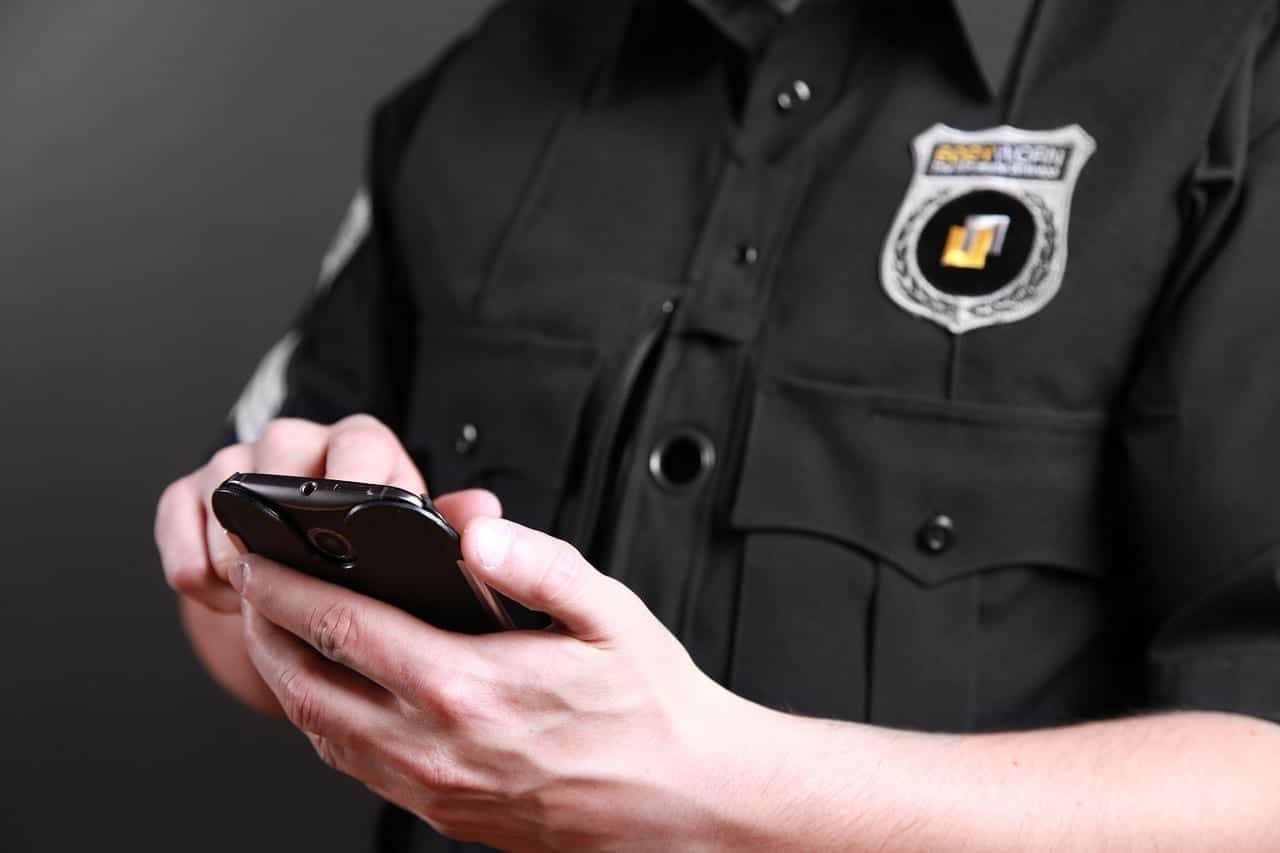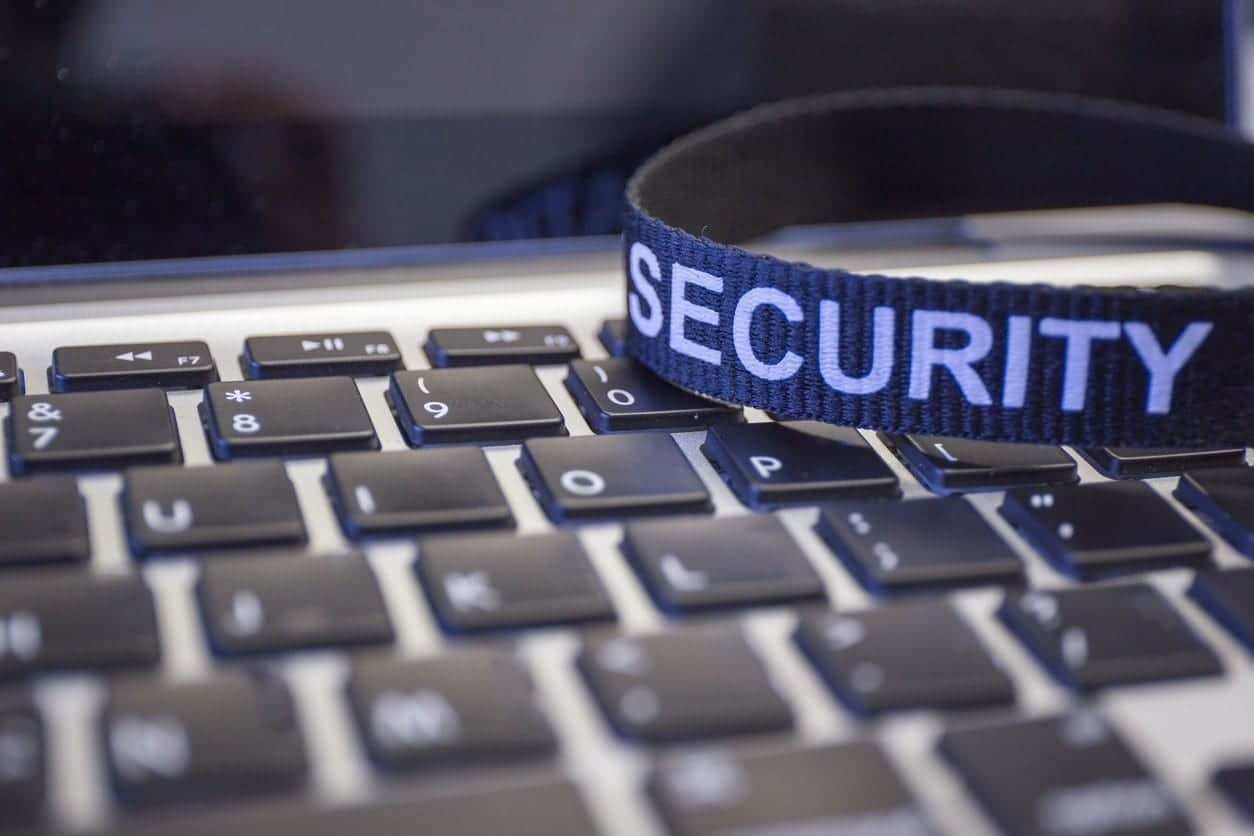After Record Year, Two More Murders Open 2017 in Chicago
Last month, we wrote a blog post about the high number of homicides in Chicago – our city was on track to see the most murders in one year since 1996.
In the early afternoon of December 31, the last homicide of the year was committed. A 24-year old was murdered after possibly hitting another man’s Mercedes. His death brought the total up to 762 homicides throughout the city, up from only 480 homicides in 2015.
Think the violence is going to stop with 2016? Think again.
2017 saw two homicides right as some people were winding down their New Year’s Eve festivities. At 4:30 a.m. on New Year’s Day, police were called to a bar in Uptown, where an argument between two men led to a double homicide.
Even before that brawl ended in tragedy, Chicago police had already been involved in the shooting of a man who physically resisted arrest and led police on a wild car chase. However, since Chicago police do not include police-related shootings, homicides on expressways, or self-defense shootings in their list of homicides for the year, that argument marked the first official homicides of the year.
So obviously the violence and high rate of murder is not going away just because the date on the calendar has changed. This year, though, Chicago police say they intend to make changes to bring about a lower rate in murders around the city.
What Are Police Going to Do About These Murders?
In our previous blog post about 2016’s homicides, we mentioned that the causes behind this spike in murder are complex. Because of this, reducing them is likely to be just as complex. However, with a new year upon us, Chicago police intend to alleviate the issues with a simple mandate: crack down on anyone with a criminal record.
Chicago Police Superintendent Eddie Johnson has said that “the individuals who chose to pull the trigger are repeat gun offenders,” and has blamed this violence at least in part on a lack of effort by police. Others have noted that there has been an 80% decline in street stops, as well as a lower number of arrests.
Johnson hopes to increase the efforts and numbers of police around the city, including hiring 500 more police officers in 2017. These men and women will be placed on the streets or behind the scenes, using new forms of technology that will focus on catching criminals. Along with 44 new surveillance cameras, police plan to continue using gunfire technology and command centers in Englewood and Harrison that will use data to point out repeat criminals or gun offenders.

Another cause of homicide that is becoming increasingly prevalent is the use of social media. Both law enforcement and former gang members have seen homicides that started with an argument on Twitter over things like shoes, girls, or money.
A survey in 2013 revealed that over 80% of police departments use social media to investigate crimes of all kinds. This form of investigation could continue to be a focus around Chicago’s Police Department to find individuals accused of homicide and get them behind bars.
The Drawbacks of New Technology for Investigations
If you are accused with a crime, are the police looking at your Facebook profile for evidence? Possibly. Do not be surprised to see your social media profile or interactions pulled up in the courtroom.
Using Twitter, surveillance cameras, and extensive data on individuals around Chicago might seem invasive, but in reality they are often something far worse: inaccurate. Going to social media to investigation is more often than not lead by the idea that an officer will find a piece of evidence. This can give officers a biased look at their findings before they even log on. Overzealous investigations can lead to false accusations.
In some cases these searches can even be unlawful. When is a warrant needed for social media searches? What happens when your profile is private, but police gain access anyway?

The legal lines for what constitutes lawful searching online and what goes against the Fourth Amendment are still blurry. If police officers violate your rights in the search for a suspect or a reason to believe that you committed a crime, you may have an opportunity for getting the evidence (and even your charges) dropped.
This is where a knowledgeable criminal defense lawyer comes in. Their understanding of the law, of how Chicago’s Police Department and prosecutors work to accuse individuals of crimes, and of the defense strategies that are appropriate for your case are all key to getting your charges dropped or reduced. Reach out to a Chicago homicide lawyer immediately to discuss your options and begin fighting the charges against you.
About the Author:
Andrew M. Weisberg is a former felony prosecutor who now serves as a defense attorney in the greater Chicago area. He has extensive experience in handling all types of criminal cases, from sex offenses and domestic violence to retail theft-related crimes, Murder, and drug crimes.







 Blog Home
Blog Home 










